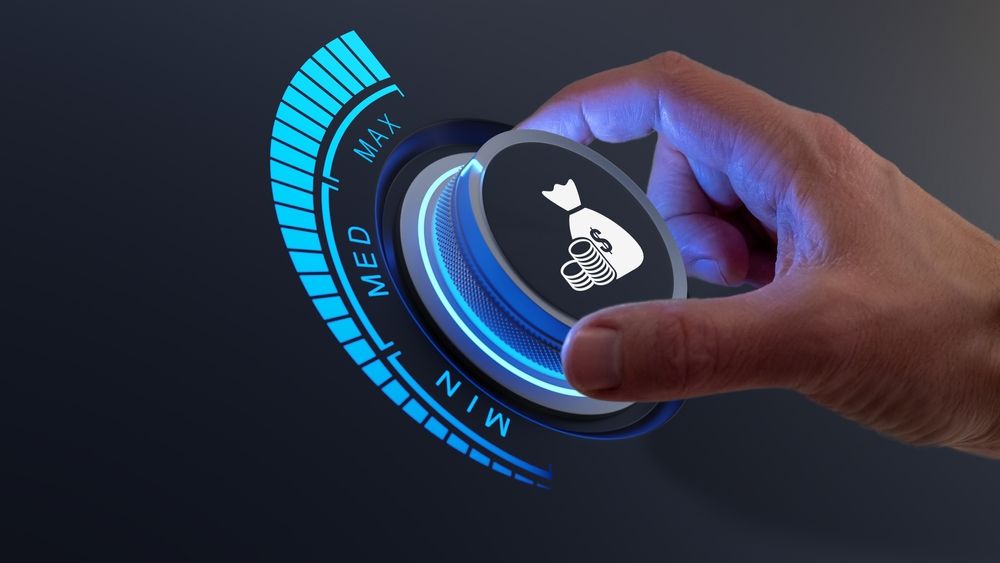
When it comes to maximizing your savings, the right bank account can make all the difference. With a multitude of options available, choosing the perfect account to align with your financial goals can feel overwhelming. However, by understanding your savings objectives and the various features that bank accounts offer, you can make an informed decision that will bolster your financial well-being. In this article, we’ll explore key considerations and strategies to help you select the best bank account for your savings goals.
Understanding Your Savings Goals
Before diving into the sea of banking options, it’s crucial to have a clear understanding of what you’re saving for. Are you building an emergency fund, saving for a down payment on a home, or putting money away for retirement? Each goal may require a different type of account. For short-term goals, such as an emergency fund, you might want an account with easy access and no penalties for withdrawals. For long-term goals like retirement, accounts with higher interest rates and tax advantages could be more beneficial.
Short-term savings goals typically require liquidity, which means you should look for accounts that allow you to withdraw your money without facing hefty fees or penalties. Consider high-yield savings accounts or money market accounts. These often provide better interest rates than traditional savings accounts while still giving you the flexibility to access your funds when necessary.
Long-term savings goals, on the other hand, may benefit from accounts like Certificates of Deposit (CDs) or retirement accounts like IRAs. CDs usually offer higher interest rates in exchange for keeping your money locked in for a set period. IRAs, while not technically bank accounts, are crucial for retirement savings and offer significant tax advantages.
Evaluating Interest Rates and Fees
Interest rates and fees are two critical components that can significantly impact your savings over time. Always compare the annual percentage yield (APY) of different savings accounts. The APY reflects the interest rate, compounded over a year, that a bank offers. A higher APY means your money will grow faster. Online banks often offer more competitive rates than traditional brick-and-mortar banks due to lower overhead costs.
Fees can quickly erode your savings if you’re not careful. Look for accounts with no monthly maintenance fees, no minimum balance requirements, and no charges for routine transactions. Some banks will waive certain fees if you maintain a minimum balance or link your savings account to a checking account within the same institution. Understanding the fee structure is paramount when choosing the right bank account for your savings.
Maximizing Savings with Automated Transfers
One of the most effective strategies for growing your savings is to make the process automatic. Many banks offer automated transfer options, allowing you to set up a recurring transfer from your checking account to your savings account. By automating your savings, you can ensure that you consistently contribute to your goals without having to remember to make transfers manually.
When selecting a bank account, check if the institution supports automated transfers and if there are any restrictions or fees associated with this service. Consistent, automated deposits can harness the power of compounding interest, allowing your savings to grow exponentially over time. This hands-off approach also reduces the temptation to spend rather than save, as the money moves into your savings before you have a chance to use it elsewhere.
Exploring Online Banking Benefits
The rise of online banking has revolutionized how we manage our finances. Online banks, often without physical branches, offer various benefits that can help maximize your savings. They typically provide higher interest rates and lower fees than traditional banks, as mentioned earlier, due to their lower operating costs. Additionally, online banks may offer user-friendly digital platforms and mobile apps that make tracking your savings and managing your accounts a breeze.
When considering online banking, ensure that the institution is FDIC insured, which means your deposits are protected up to $250,000 per depositor, per insured bank, for each account ownership category. Review the online bank’s customer service options, as you’ll want access to support even without face-to-face interaction. The convenience and potential cost savings of online banking make it a compelling option for many savers.
Taking Advantage of Rewards and Incentives
Some banks offer rewards and incentives to encourage customers to save more. These can include sign-up bonuses, higher interest rates for maintaining certain balance thresholds, or loyalty programs. While these perks can be enticing, it’s essential to read the fine print and understand the requirements you must meet to benefit from these offers.
Always consider whether the rewards and incentives align with your savings habits and goals. For example, a sign-up bonus might come with the requirement to deposit a large sum of money or maintain a high balance for several months. Ensure that these conditions are realistic for your financial situation before opening an account based solely on the promise of rewards.
Maximizing your savings by choosing the right bank account requires careful consideration of your financial goals, an understanding of interest rates and fees, the convenience of automated transfers, the benefits of online banking, and the potential rewards and incentives on offer. By taking the time to research and compare different accounts, you can find one that not only meets your needs but also propels you towards financial success. Remember, the best bank account for your savings is one that aligns with your goals, fits your lifestyle, and helps your savings grow. With the right account in hand, you’ll be well on your way to achieving your financial aspirations.
